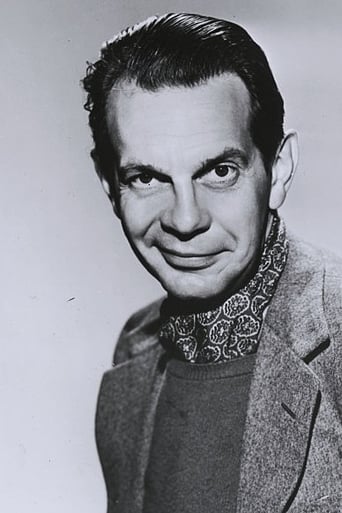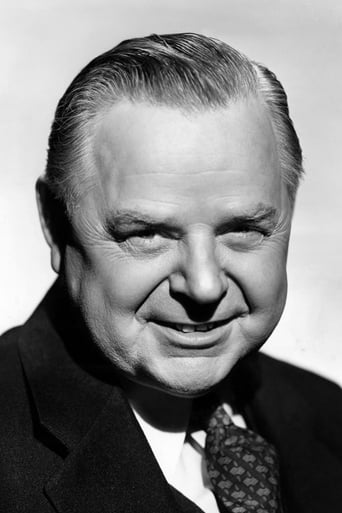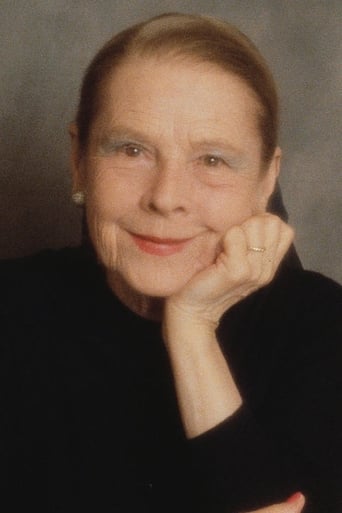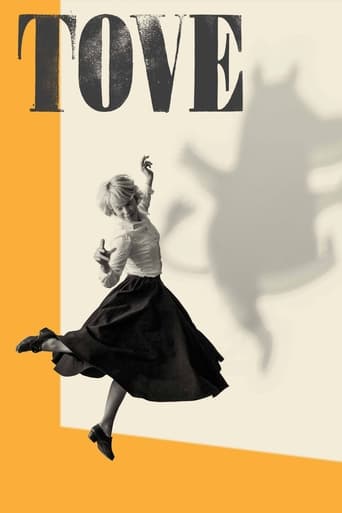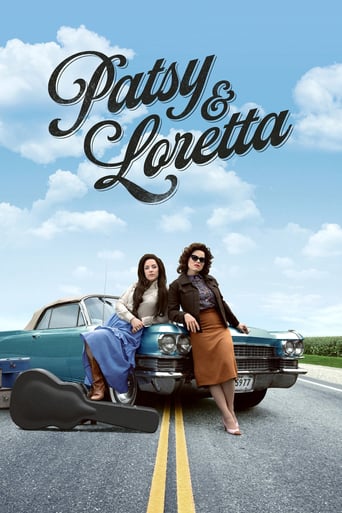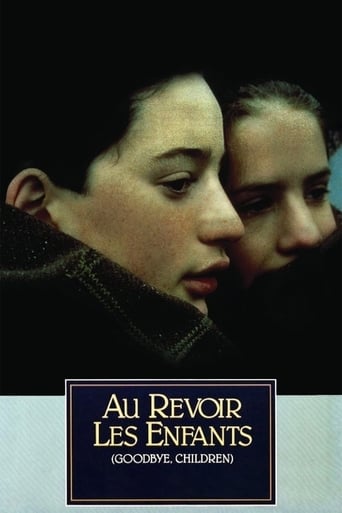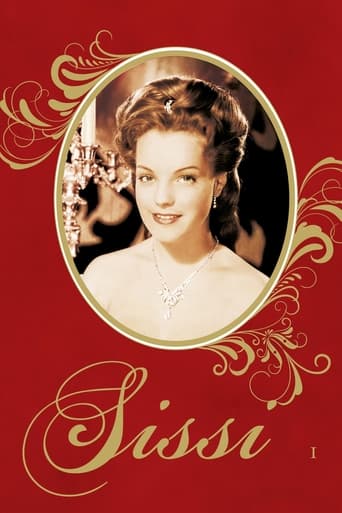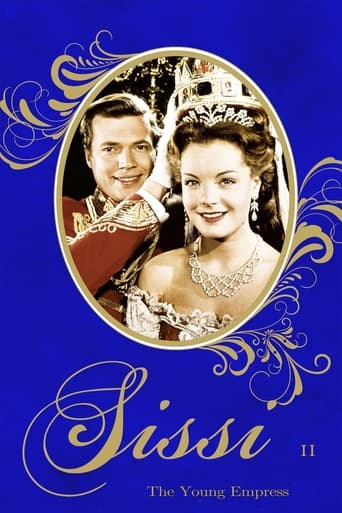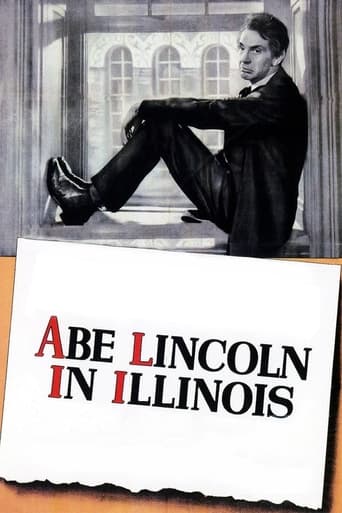
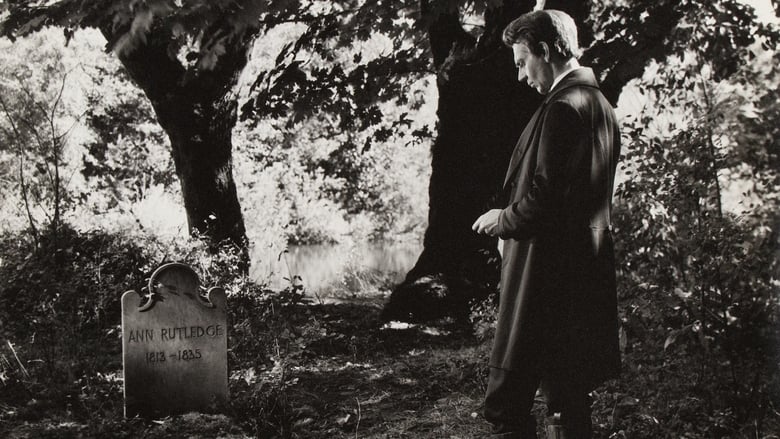
Abe Lincoln in Illinois (1940)
Abe Lincoln in Illinois is a 1940 biographical film which tells the story of the life of Abraham Lincoln from his departure from Kentucky until his election as President of the United States.
Watch Trailer
Cast
Similar titles
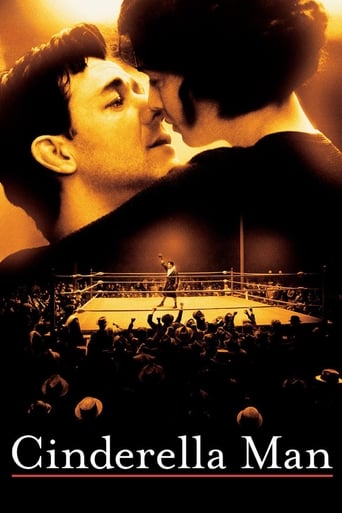
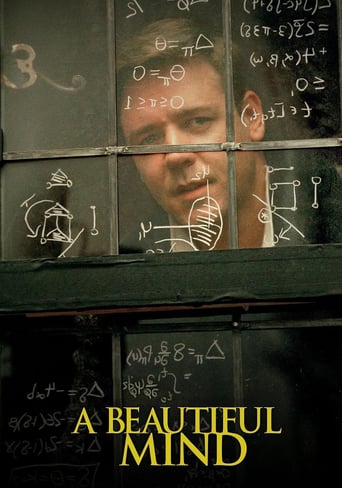
Reviews
I don't have all the words right now but this film is a work of art.
Fantastic!
It is not deep, but it is fun to watch. It does have a bit more of an edge to it than other similar films.
Good films always raise compelling questions, whether the format is fiction or documentary fact.
If you compare John Cromwell's "Abe Lincoln in Illinois" with John Ford's "Young Mister Lincoln" -- and how can you NOT -- you immediately notice both similarities and differences. Ford's movie appeared a year earlier but Sherwood's play had been around for a while and can probably be considered earlier.Some isomorphisms are so conspicuous that it's likely that the craftsmen for Ford's movie lifted them from the play. Example: It just can't be coincidental that both movie have celebrants doing a polka to the same tune, which, we learn in "Young Mister Lincoln," is "Lovely Susan Brown." Even individual lines of dialog were shamelessly ripped off. If, in "Abe Lincoln in Illnois," Howard Da Silva boasts, "I'm the big buck of this lick," in "Young Mister Lincoln" the line is given to Jack Pennick.Those similarities are superficial and in fact the differences turn them into two almost entirely different movies about the same subject. "Abe Lincoln in Illinois" is more of a biographical sketch that gives us far more of Lincoln's political rise, as well as his romances with Ann Rutledge and, later, Mary Todd. Ford's movie mostly sketches the character of Lincoln and then turns into a courtroom drama leavened with comic incidents.Comparing the two leads, it can be said that Raymond Massey is a more convincing Lincoln than Henry Fonda. Massey simply looks more like the gangling Lincoln, even without Fonda's false nose. Also, for whatever reason, in this instance Massey gives a better performance. Some viewers might wince at Massey's quivering oratory during his debate with Stephen Douglas, but that was the custom at the time. (The film prunes this "house divided against itself" speech.) But -- I'll try to keep this short -- aside from Cromwell's movie covering Lincoln's maturation from a slow youth to his departure with his new whiskers for Washington, while Ford's movie covers a much shorter time span and includes virtually no politics -- Ford's movie is helped immensely by Alfred Newman's multivaried musical score. The Anne Rutledge theme is simple, nostalgic, innocent, and elegant. There's nothing like it in "Abe Lincoln in Illinois." On top of that, Sherwood's narrative (he did the screenplay too) has more serious drama in it, including the conflict between the compliant and peaceable Lincoln and his fiery and ambitious wife, who was later to spend time in an insane asylum. We get far more than an occasional domestic squabble. Sherwood isn't afraid to hit us over the head with reality.Ford, on the other hand, throws history out the window in favor of sentiment and even an attempt at art in some of the incidents and certainly in the photography and lighting. There are two instants of melancholy, both connected with Ann Rutledge's death, and one dramatic incident involving a possible lynching but, that aside, it's more comic than dramatic. Even the murder trial has several amusing moments. (Francis Ford, called for voir dire, puts aside his jug, stumbles to the bench, and pleads, "Guilty.") Massey may be the better performer but Ford is the more subtle director. During moments of gravitas, Cromwell's camera dollies in for a close up of Massey's face, obviously and unnecessarily drawing our attention to the fact that something important is going on, as Massey's voice hesitates before launching some impassioned pronouncement. Ford does it once, when a woman asks, "Who are you?" and Fonda replies, "I'm your lawyer, Ma'am." I'm not counting the end of Ford's movie when Fonda wanders off to the top of a distant hill under an El Greco sky full of menace. Cromwell spells it all out in a final farewell address to the people of Springfield, while Ford keeps it symbolic. (Kids: It's symbolic of the immanent Civil War, fought over slavery and state's rights, between the North and the South. A lot of people got hurt and the South was wrecked. The thunderstorm is a "symbol" because it "stands for" all that impending tumult.) In the end, it's just about impossible to argue that one movie is generally better than the other because they're so different in their intent and execution. Let's call them "unordered variables."I suppose, historically, the movie is kind to Mary Lincoln and her shopping sprees and family background. A TV movie starring Sam Waterston fills in some of the blanks.
I was very taken with this movie. I liked it because I believe that it captures not only some essential facts about President Lincoln, but about life as well. I am intrigued by the fact that destiny pulled Lincoln kicking and screaming into what he was created to do. He had no specific ambitions or plans. He never aspired to be president. The times that he lived in required it of him. The people who were his friends saw the calling in him that he could not see himself. If he had married Ann Rutledge he would not have become President. He would not have been in position to save the Union. It took the marriage to a women he did not love to push him into his destiny. Mary Todd's ambition was essential to his future. Her choice of Lincoln over Steven Douglas was providential. These facts tell me that personal happiness and fulfillment are not the most important considerations in choosing what to do with our lives. We must allow Providence to lead us into our destiny for the good of society as well as ourselves.
I have seen this film probably 15 times or more and have been a devotee of the Lincoln mythology (for lack of a better term) for nearly 20 years. I remember first seeing the film as a youngster on the same weekend as the death and funeral of President Kennedy in November of 1963. At that time, the two scenes that struck me as most memorable to my young mind was the one where the local woman tells Lincoln that he is the homeliest man in the county; and, the other scene where Lincoln is telling the slightly off-color joke to a crowd about the man fighting the bear. Also, another visual that sticks in my memory is the somewhat haunting scene where Lincoln revisits New Salem after the once thriving city has become a ghost-town. There are several marvelous aspects of this movie. To begin with, is the near perfect physical and emotional representation of Lincoln by Raymond Massey. Given the photographs of the pre-president Lincoln, making Massey into sixteenth president seems nearly ordained from the beginning. The height, facial structure, and body type is nearly a perfect fit. Regarding how Lincoln spoke, it is hard to determine if that is an accurate representation or not. Historical accounts of Lincoln says that he had a rather high and not necessarily soothing voice. Since, it would be another 30 plus years before there is any kind of recording device, Massey's voice should seem appropriate enough.Additionally, the cinematography is excellent. The on-location or natural shots are superior by black and white standards. Even though I am a devotee of black and white films, color films seem to have the upper hand when filming wide-open or rustic environments. The feel of the indoor scenes such as the ones within the Lincoln Springfield home is nearly perfect for the times. You can virtually smell the cigar smoke or the burning wood stove. Finally, the lighting during the campaign speech scenes are awesome. But, the best part of the movie is how even with some artistic license the characters surrounding Lincoln are historically strong and represent in a film microcosm a very accurate historical reality of Lincoln's early years. For example, starting with Ruth Gordon's portrayal of Mary Linoln Todd. With her character, you can easily feel how much she effected Lincoln. Her persistent pressure on Lincoln to achieve political importance and her hard-nose, sometimes loving, sometimes bitter prescience is from my historical reading just about perfect. Since the film takes place before Lincoln is actually president, Mary Todd Lincoln's shenanigans within the White House or her emotional unraveling in her later years is not an issue here. The romance demonstrated between Lincoln and Ann Rutledge, although later to be historically challenged, then even later to be considered historically (possibly) significant, is quite sadly moving. It is nicely juxtaposition-ed against the image of Mary Lincoln Todd. Howard De Silva as New Salem's local ruffian is although somewhat embellished, still represents Lincoln's ability to relate to people from all walks of life. The film just seems to find the vital essence of young Lincoln before he became president. The surreal, final scene of Lincoln leaving Springfield for Washington D.C. (again although actually happening during the day during a rainstorm)after giving one of his many great historical speeches ("this is where I have lived") catches the eerie but profound feel of how important his leadership is going to mean to the struggling republic. The playing of the "Battle Hymnn of the Republic" although premature, is still simple perfect.
While this film may not toe the line is historical accuracy it was probably are more realistic look at what Abe Lincoln's life was really like. Many posters here give great kudos to Raymond Massey for his portrayal of Lincoln and they are well deserved. It was like Massey was born to portray Lincoln. I believe equal kudos should go to Ruth Gordon for her portrayal of Mary Todd. Her Mary Todd portrayed as a power hungry, totally controlling, head strong woman was the perfect opposite of Massey's down home, humble Lincoln. The fact the such powerful woman were as out of place in 1940, when the film was made, as they were in 1840 gives this film and edge other Lincoln films lack. One also hearkens to the future of another great President, Ronald Reagan and another controlling first lady, Nancy.Add yet another great performance be Gene Lockhart as Lincoln's political foil Stephen Douglas and you have a political and historical film that is entertaining to watch and has a depth not always present in films of the 1940's.
